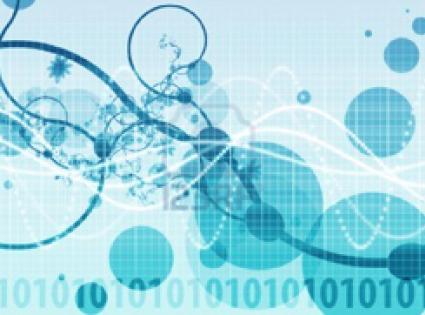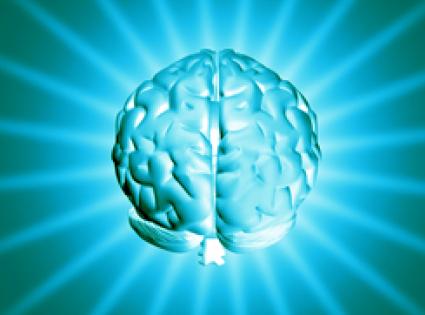Research Methodology
With the collaboration of Francisco Saenz Valluerca, director of the Francisco de Vitoria Library of the University of Salamanca.
Aims of the Course
The main goals of this course are for students to be able to:
- Use the main bibliographical search tools and methods available in the field of research studied.
- Make appropriate use of relevant and current literature corresponding to the specific area of the issues approached.
- Quote the bibliographical sources used in a correct way.
- Use the analytical tools specific to each field of research.
- Produce papers that contribute original ideas and are solidly supported by the sources of reference for the issues approached.
Contents
- On-line learning platforms. Brief introduction to Moodle.
- How to write a scientific article: abstract, keywords, discussion, conclusion.
- How to produce research projects or plans:
3.1. Justification of the topic: Working hypothesis and main goals
3.2. Methodology
3.3. Planning
3.4. Bibliographical references - Different quotation systems
4.1. Plagiarism - Where and how to publish an article.
5.1. Journal impact factors
5.2. ISI Web of Knowledge
5.3. Further quality indicators - Information resources for Humanities and Social Sciences
Basic and Complementary Bibliography
DAY, R. A., How to Write and Publish a Scientific Paper, Cambridge University Press, Cambridge, 6ª ed., 2006.
ECO, U., Cómo se hace una Tesis. Técnicas y procedimientos de investigación, estudio y escritura, Gedisa, Barcelona, 1982 (reimp. 2001). GONZALEZ, W. J., "Notas metodológicas para la elaboración de trabajos monográficos",Didáctica geográfica, v. 6, (1980), pp. 27-36.
Guía de Redacción y Publicación Científica (Prof. Lic. Pablo Cazau) http://biblioteca.ucm.es/psi/12144.php
WOLFE, j., Como escribir una tesis de doctorado. http://biblioteca.ucm.es/psi/12144.php
Skills
BS6: To have a foundation of knowledge solid enough to be able to innovate in the development and/or implementation of ideas, especially for research purposes.
BS7: The ability to apply the knowledge acquired and to solve problems in new or little known areas within wider (or multidisciplinary) contexts related to their field of study.
BS8: The ability to integrate knowledge and deal with the complexities of forming opinions based on incomplete or limited information, including reflections on social responsibilities and ethics related to the application of their expertise and judgements.
BS9: The ability to clearly and unambiguously express conclusions, stating the knowledge and reasons behind them, to both experts and non-specialized audiences.
BS10: Learning skills to conduct further studies and research in a self-directed and autonomous way.
GS1: The ability to produce readable, detailed and technically correct documents and research work that meets the current international standards for the disciplines.
SS2: Mastery of the analytical tools provided by philosophy to facilitate the clear identification of the semantic, logical, epistemological, ontological, axiological and ethical factors in the fields of science and technology.
Teaching Methodology
On-site theoretical lectures: For each of the topics dealt with in the lectures. Structure: a) introduction to the topic, outline and description of the main contents; b) provision of complementary material to facilitate students' preparation of the subject and guidance on the nature and contents of the main sources.
Work, seminars and complementary activities Students are expected to:
- produce an individual paper, supervised by the teacher and to be later submitted for its assessment;
- attend seminars on specific topics and participate in processes of skill acquisition, exchange of ideas and experiences, teamwork dynamics and public expression;
- analyse and discuss documents and articles on specific topics.
Tutoring sessions: Their purpose is to monitor students' understanding of the subject matter presented and to clarify doubts and answer questions about the contents of each of the topics dealt with in the course. This encourages teacher-student communication, which helps students in their learning process and in the production of papers.
Assessment
Assessment is mainly based on class participation and on the practical exercises completed during lectures or tutorial sessions. The final paper will consist of the planning of the project for the final master's degree paper. The weight of each of these activities on the final grade will be as follows:
- Attendance and participation in class and in tutorial sessions: 10%
- Course work monitoring: 50%
- Final paper: 40%
Study and individual work
- Theoretical/Master classes:
- On-site: 10 hours
- Total individual work: 10 hours
- Tutorial sessions
- Face-to-face: 15 hours
- Total individual work: 15 hours
- Coursework monitoring (reading guides and/or summaries of compulsory readings; practical work or exercises):
- On-site: 12 hours
- Total individual work: 31 hours
- Final paper supervised by the teacher:
- On-site: 4 hours
- Total individual work: 28 hours







